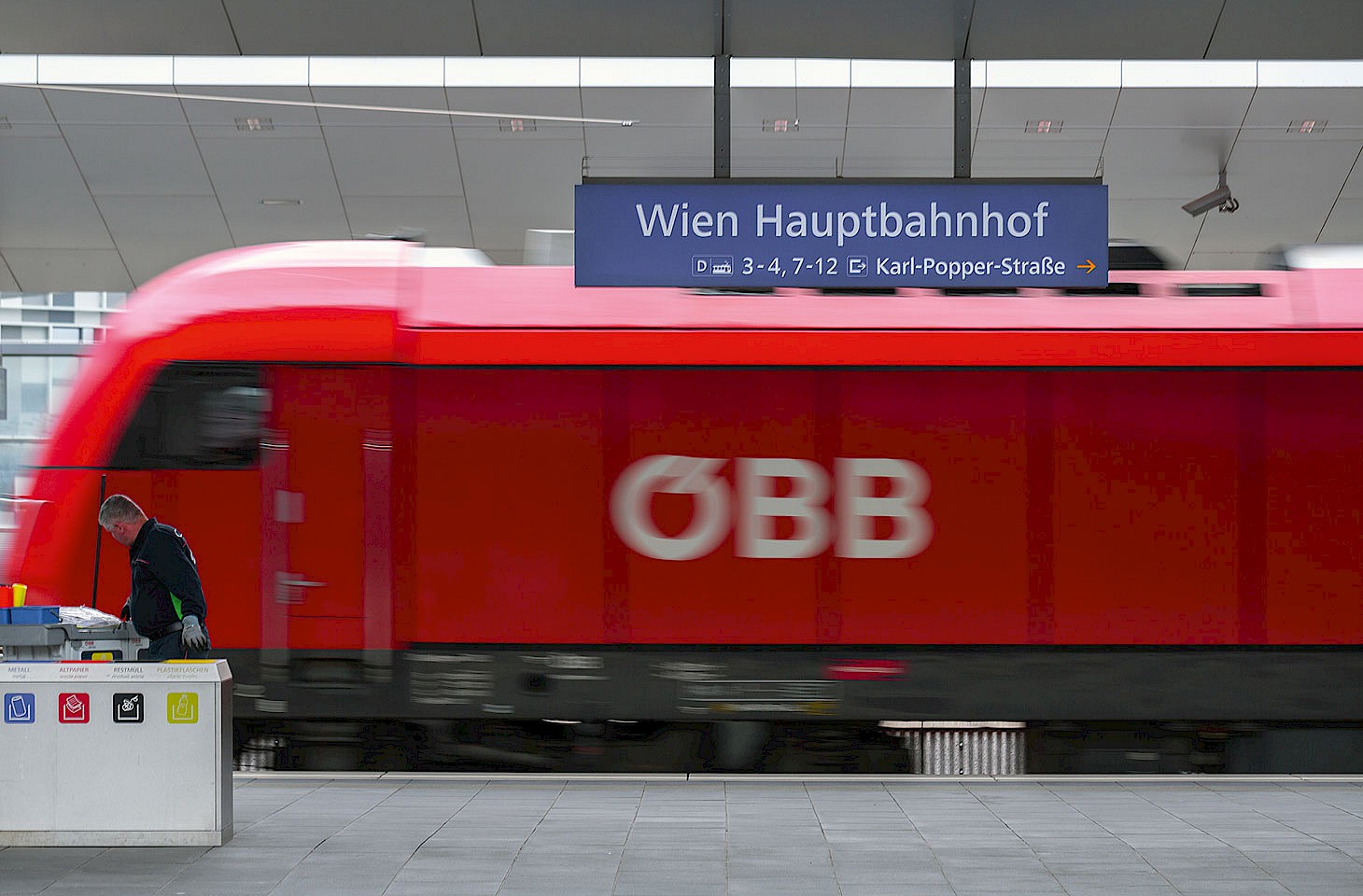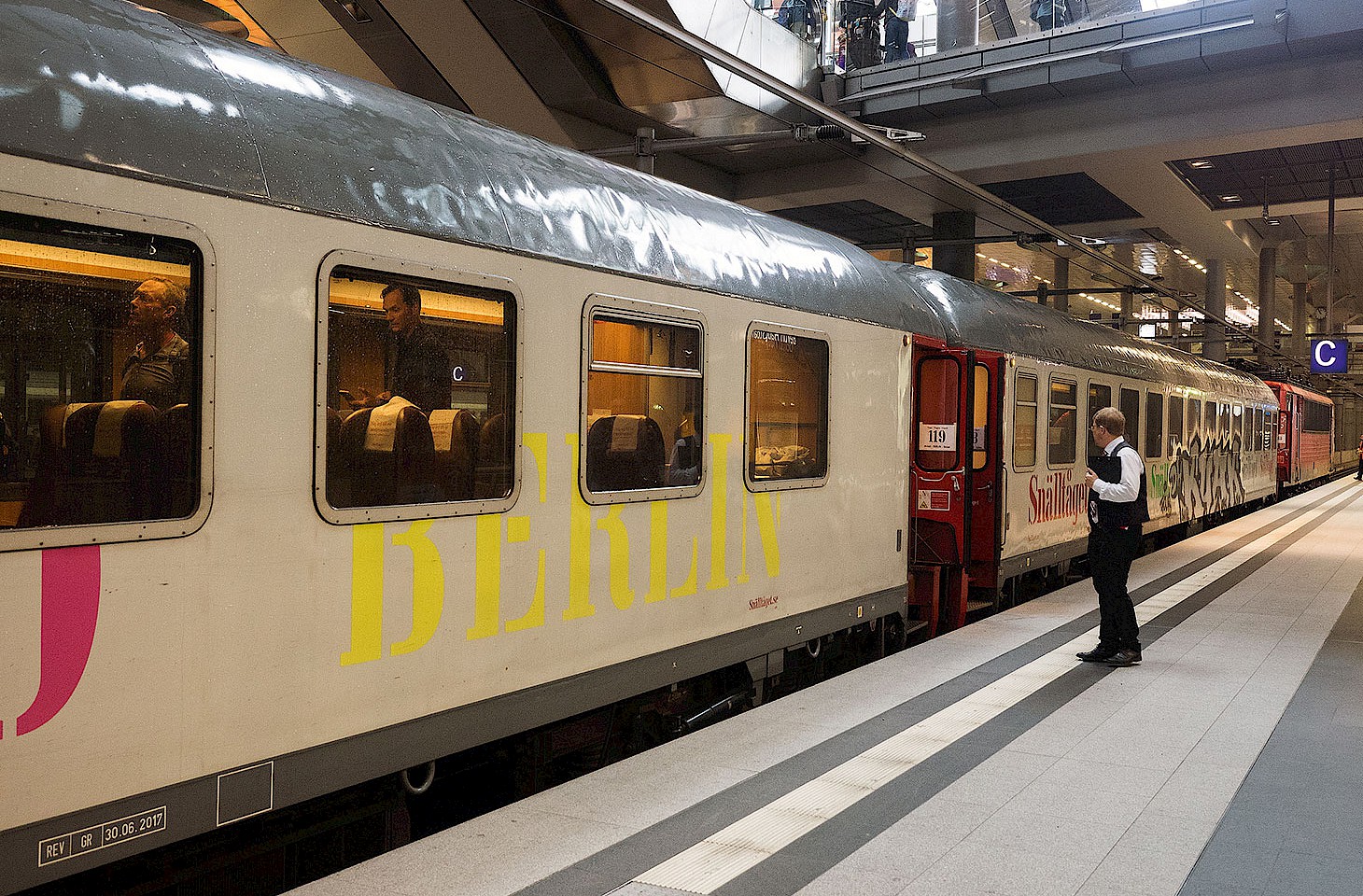Dear fellow travellers
Western European observers of the east of our continent have had their eyes trained on Serbia and Belarus this past weekend. The Milosevic funeral in Pozarevac, a small city on the Danube plain seventy kilometres east of Belgrade, became a rallying point for Serbian nationalists that will surely, for many in the Balkans and elsewhere in Europe, raise uncomfortable echoes of the past. Meanwhile, Alexander Lukashenko's predictable return to presidential power in Belarus serves as a reminder that Europe still sports a variety of political landscapes. With Ukraine going to the polls next weekend, and a strong chance that the hero of the Orange Revolution, Viktor Yushchenko, will be ousted from power, the vicissitudes of eastern European politics have rarely been so engaging. And with Montenegro's referendum on its possible secession from Serbia now set for 21 May, and Kosovo's new prime minister, Agim Ceku, firmly asserting that the future of his territory lies in independence from Serbia, 2006 is shaping up to be a defining year in eastern Europe and Balkan affairs.
Kosovo connections
For most inhabitants of Kosovo, the difficulties of everyday life eclipse the details of the negotiations on the future of the territory that restarted last week in Vienna. And nowhere more so than in the extreme south of the country where the principal highway across the Macedonian border has for some weeks now been blocked by a series of landslides. This has completely closed the road, dubbed the Hawk supply route by the KFOR peacekeeping troops in Kosovo. For isolated villages south of Kacanik, the loss of the road, part of the E65 route from Sweden to Greece, is a devastating blow to communities still struggling after many years of conflict.
Serendipitously, the Kosovo railway, run by the Italian peacekeeping mission in Kosovo, had approved the launch of a new rail service through the affected area only shortly before the landslide, and happily the rail route through Kacanik gorge is still intact. In recent weeks, the largest city in Kosovo, known as Prishtine or Pristina, has benefitted from a twice daily direct train to Skopje in Macedonia. The two and a half hour journey, at a one way fare of 4 EUR, runs the length of the spectacular Kacanik gorge. It is the first international train service to serve Prishtine for some years, evoking memories of the old Akropolis Express, the colourful daily train from Munich to Athens that, in the days of federal Yugoslavia, used to cut across Kosovo by night. And that's a journey we shall recall in the next issue of hidden europe, when we return to Kosovo and report on KFOR's Freedom of Movement train that affords safe transit across Kosovo's strongly demarcated cultural enclaves.
Transdniestr
Rail travel between Kosovo and the outside world may be improving, but in another of Europe's quasi-states, Transdniestr - a thin sliver of land in eastern Moldova that doesn't see eye to eye with the national government in Chisinau - recent days have seen the sudden attenuation of rail links across the border with neighbouring Ukraine. In summer 2004, Transdniestr separatists stopped trains from the Moldovan capital Chisinau traversing Transdniestr. This time round, the spat is between Transdniestr and Ukraine, as the Kiev government clamps down on goods being smuggled into Ukraine from the self proclaimed republic. Border watchers may recall that, back in 2002, it was concerns about smuggling that led to the withdrawal of all the through trains to and from Brest over the Polish - Belarus border at Czeremcha. Schengen may have smoothed the lives of many millions of western Europeans, but border antics in eastern Europe are sometimes still very edgy.
Nicky Gardner and Susanne Kries
(editors, hidden europe magazine)



